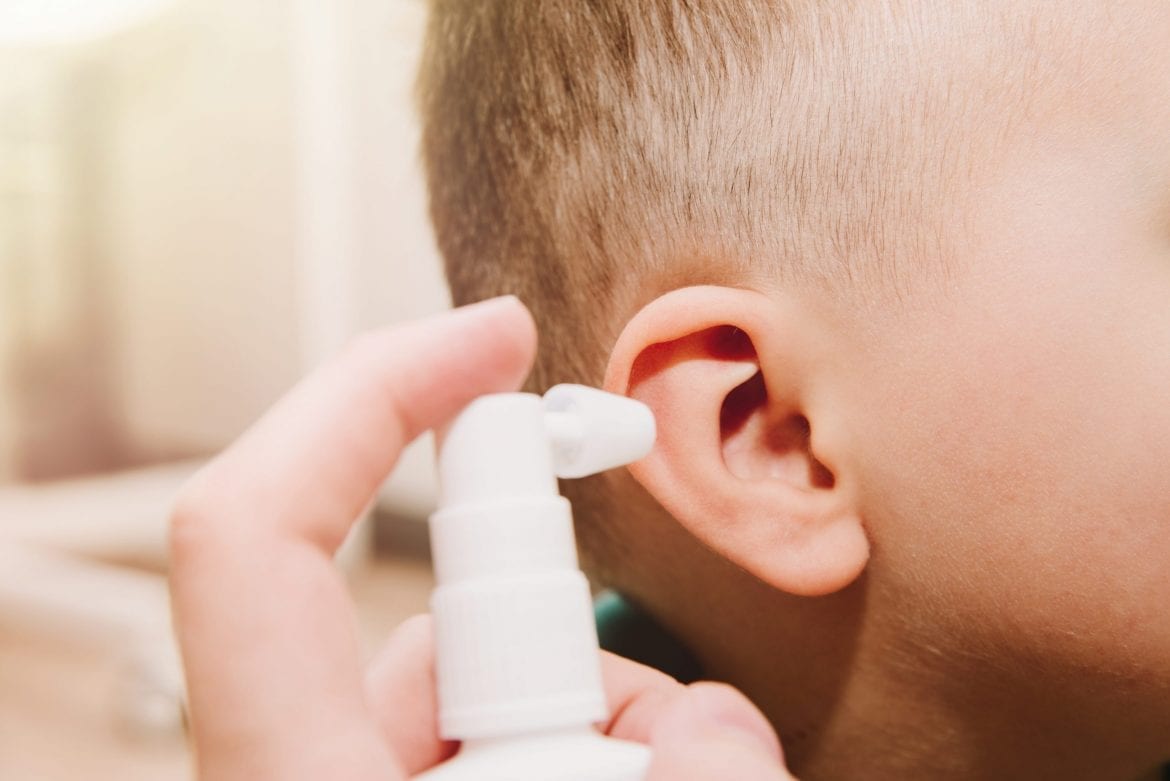Signs baby is Sick: Act On These Baby Warning Signs
It’s an exciting time, bring baby home from hospital, but it can also be stressful for many reasons. One, is worrying that your baby may get sick and being unsure what to look for. It can be difficult to know, as sometimes it’s hard to spot what is not normal. So, it’s important to know the signs baby is sick.
Act on these warning signs that baby is sick.
When to Get Office Care
Call your baby’s health care provider during regular office hours if your baby has or is:
- Eating less than usual or shows other changes in appetite
- Regularly crying, irritable or unable to be comforted
- Having frequent diarrhea, especially soft or watery for 6 or more diaper changes
- Not having any stool diapers for several days
- Vomiting frequently or more than 2 to 3 times a day
- Suffering with a cold that doesn’t improve or gets worse after a few days
- Experiencing rash
- Making fewer than 6 wet diapers in 24 hours
- Fluid draining from their ears
- Tenderness/redness, bleeding or pus coming from penis or umbilical cord area
- More pale than usual
- Less active than usual
Could it be Rotovirus?
This common disease causes severe watery diarrhea, vomiting, fever, and/or abdominal pain. If your baby is diagnosed with rotovirus, follow the provider’s instructions about what your child should eat and drink. Call your baby’s healthcare provider right away if baby has:
- Watery diarrhea
- Nausea and vomiting
- Develops any fever of more than 100.4° F in the first 3 months of life, 101° F or greater between 3 and 6 months, or 103° F after 6 months of age
What If You Suspect An Ear Infection?
If you see your baby pulling on their ears, trouble laying down on one side or staying asleep, trouble eating or if they’re unusually fussy, have fever, or falling down, clumsy or having problems with balance, call your baby’s healthcare provider to have baby checked for an ear infection. Other signs of infection include baby struggling to hear soft sounds or fluid draining from their ears.
Never give aspirin to a baby, child or teenager with a fever without checking with a health care provider. Aspirin can cause a rare, but life-threatening disorder called Reye syndrome in children with viral illnesses including colds, flu and chickenpox.
When Jaundice Needs Urgent Care
Call your baby’s health care provider right away if your baby:
- Looks very yellow, orange or greenish-yellow
- Is hard to wake up or won’t sleep at all
- Has trouble breastfeeding or sucking from a bottle
- Is very fussy
- Has too few wet or dirty diapers
Thrush
Call your child’s health care provider if you think your baby has thrush. Your baby may need antifungal medication. Thrush appears as white patches on baby’s mouth or tongue. It looks like milk but doesn’t wipe away. Your baby will likely be fussy, may refuse to eat, have trouble swallowing or redness in their mouth and cracks at the corners of their lips.
Diaper rash infection can also occur when baby has thrush. You’ll see a bright red diaper rash with raised edges or bumps that look like pimples in baby’s diaper area. Their skin may be raw and tender to the touch; this type of infection won’t improve with regular diaper cream. This type of diaper rash is usually caused by yeast-like fungus called Candida Albicans and it should be treated with antifungal cream as well as an oral antifungal medication.
Dehydration Needs Immediate Care
Call baby’s healthcare provider immediately or take your baby to the emergency room if they have any signs of dehydration, including:
- No wet diapers for several hours
- Dry mouth
- Lack of tears when crying
- Increased thirst
- Sunken soft spot on top of the head or sunken eyes
- Irritability or lethargy
Create an Emergency Care Plan
Before you see signs that your bay is sick make a written care plan in case of an emergency with your baby. Keep copies of the plan in your home and baby bag.
Give a copy to anyone who cares for your baby.
The plan should include:
- Baby’s name
- Baby’s birth date
- Any medical conditions that affect baby
- Medications baby is currently taking, including any emergency drugs
- Allergies your baby may have (medications, foods, etc.)
- Baby’s preferred or restricted foods
- Your name and contact information
- Name of your child’s primary healthcare provider and specialists, along with their phone numbers
- Health insurance information (company name, policy and group numbers)
- Preferred hospital for treatment
- Phone number of your local poison control center
- Additional information that would help an emergency healthcare worker provide needed care for your baby
Understanding these signs baby is sick and having a plan in place will ensure that baby gets prompt care when needed.
YOU MAY ALSO LIKE:

Comments are closed.